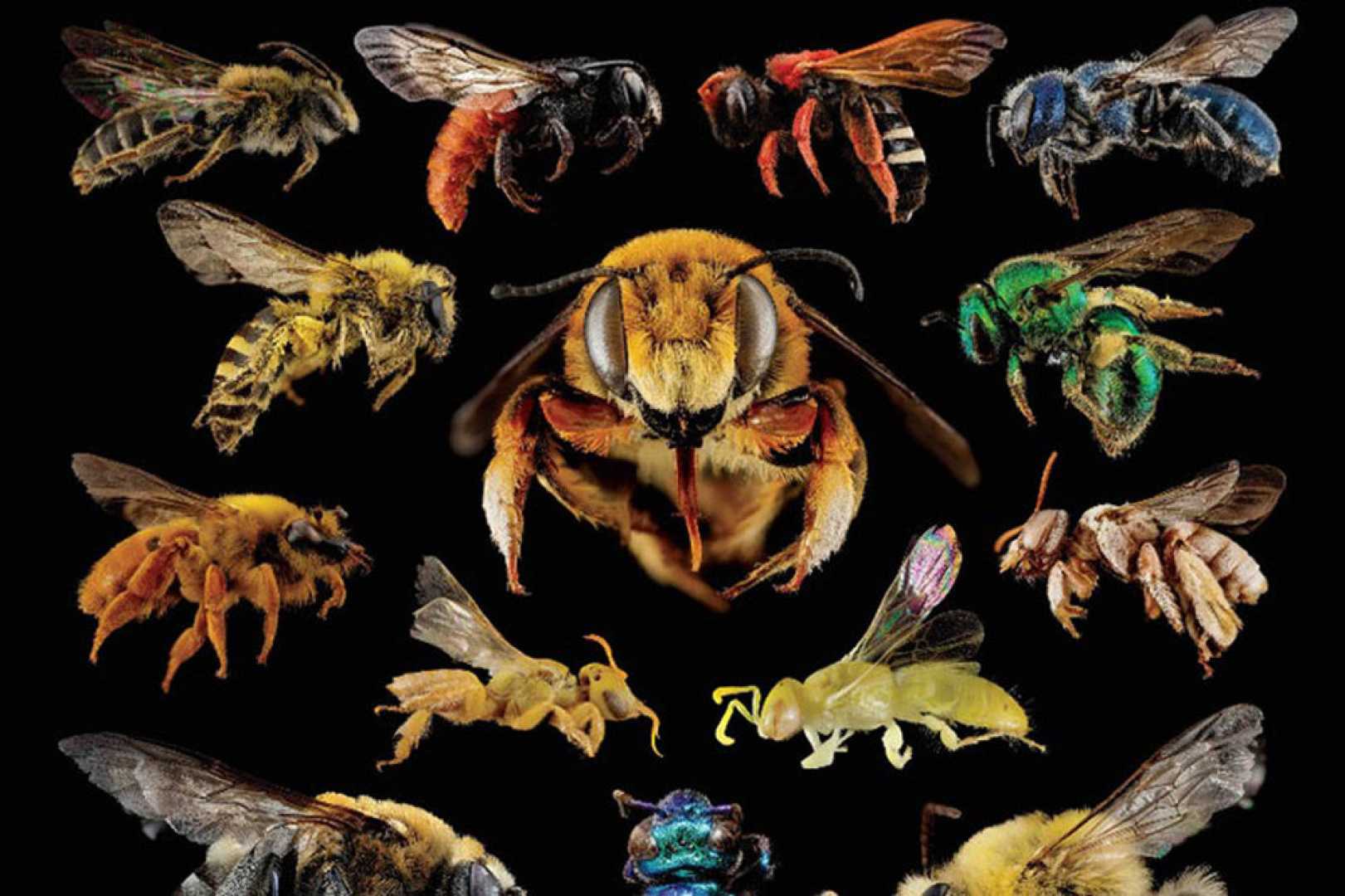News
Understanding the Insect Population Decline: Causes and Solutions

The concept of an “insect apocalypse” has emerged amid concerns about the decline in insect populations worldwide. This decline, often overshadowed by other pressing global issues, is nonetheless significant due to the essential role insects play in maintaining ecosystems.
Insects are vital for pollination, with many food crops like almonds, chocolate, and coffee dependent on these creatures. They also serve as a crucial food source for various animals, linking themselves to diverse ecological relationships, from birds that feed on invertebrates to fish such as salmon, which rely on insects during their developmental phases.
Scott Black, the Executive Director of the Xerces Society for Invertebrate Conservation, asserts that insect populations are indeed declining, with studies indicating a reduction of about 1 to 2 percent annually. Over the past two decades, this has compounded to reveal a possible 30 percent decrease in insect numbers. While some species thrive in human-altered environments, the overall trend in studied populations is concerning.
Multiple factors contribute to the decline of insects. Habitat loss due to urbanization and agriculture has turned diverse landscapes into monocultures—like expansive grass lawns—that fail to support many insect species. Furthermore, the widespread use of insecticides, particularly neonicotinoids, has been linked to reducing insect populations, exacerbating their downward trend.
Climate change also significantly impacts insect survival. Changing weather patterns, including rising temperatures, increased droughts, and more frequent extreme weather events, further threaten their existence, making ecosystems less hospitable for these species.
Efforts to counteract this decline require both collective and individual actions. While governmental policies can prioritize limiting insecticide use and preserving natural habitats, individuals can contribute by fostering insect-friendly environments. Planting native flora instead of non-native species, reducing lawns, or even cultivating urban garden spaces can help maintain insect populations.
Notably, public awareness and support for insect conservation have increased. Over the years, advocacy groups like the Xerces Society have witnessed growing global interest and participation in conservation efforts. As more people recognize the ecological importance of insects, initiatives to protect them are gaining momentum in hopes of reversing these troubling trends.












